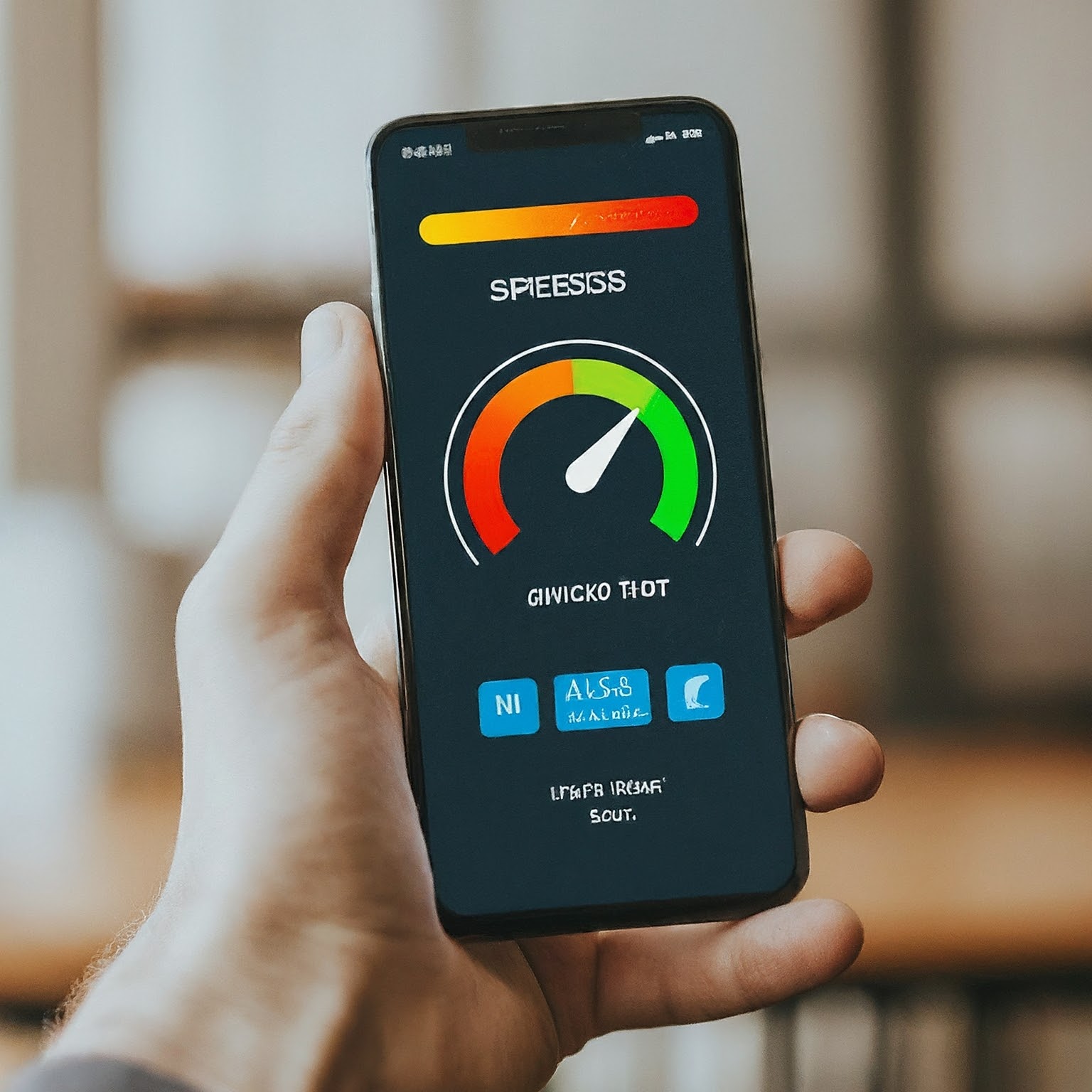In today’s interconnected world, the internet has become an indispensable tool for both personal and professional life. From communication and entertainment to education and commerce, our reliance on the internet is undeniable. However, the quality of our online experience can vary significantly depending on various factors. This is where internet tests come into play.

What is an Internet Test?
An internet test is a diagnostic tool designed to evaluate the performance of your internet connection. It measures key parameters such as download speed, upload speed, latency, and jitter. These metrics provide valuable insights into the overall quality of your internet service.
Why Conduct an Internet Test?
There are several reasons why performing regular internet tests is essential:
- Troubleshooting Connectivity Issues: If you experience slow loading times, buffering, or disconnections, an internet test can help identify the root cause of the problem.
- Optimizing Online Activities: By understanding your internet speed, you can choose the appropriate streaming quality, online gaming settings, or video conferencing platforms for optimal performance.
- Comparing Internet Providers: When considering switching internet providers, conducting internet tests can help you compare different plans and choose the one that best suits your needs.
- Monitoring Network Performance: Regular internet tests allow you to track changes in your internet speed over time and identify potential issues early on.
How Internet Tests Work
Internet tests typically involve the following steps:
- Initiation: The test starts by establishing a connection between your device and a testing server.
- Data Transfer: Large data files are downloaded and uploaded to measure download and upload speeds, respectively.
- Latency Measurement: The time it takes for data packets to travel between your device and the testing server is measured to determine latency.
- Jitter Analysis: The consistency of data packet delivery is evaluated to assess jitter.
- Results: The test provides a detailed report summarizing your internet speed, latency, and jitter.
Factors Affecting Internet Test Results
Several factors can influence the outcome of an internet test:
- Time of Day: Internet traffic is typically higher during peak hours, which can impact test results.
- Device Location: Wi-Fi signals can be weaker in certain areas of your home or office, affecting test accuracy.
- Testing Server Location: The distance between your device and the testing server can influence latency and speed.
- Network Congestion: Heavy network traffic can slow down your internet connection and affect test results.
Types of Internet Tests
There are different types of internet tests available, each with its specific focus:
- Speed Tests: These tests measure download and upload speeds.
- Latency Tests: These tests evaluate the time it takes for data to travel between your device and a remote server.
- Jitter Tests: These tests assess the consistency of data packet delivery.
- Packet Loss Tests: These tests determine the percentage of data packets that are lost during transmission.
Choosing the Right Internet Test
The type of internet test you choose depends on your specific needs. If you are experiencing slowdowns, a speed test is a good starting point. If you are facing issues with online gaming or video conferencing, a latency test might be more appropriate.
Improving Your Internet Speed
Once you have identified areas where your internet performance can be improved, you can take several steps to optimize your connection:
- Upgrade Your Internet Plan: If your current plan is insufficient, consider upgrading to a faster plan.
- Optimize Your Router: Ensure your router is placed in a central location and is free from obstructions.
- Reduce Wireless Interference: Minimize the number of devices connected to your Wi-Fi network and avoid interference from other wireless devices.
- Use Ethernet: Connect your devices to your router using Ethernet cables for a more stable and faster connection.
- Clear Browser Cache and Cookies: Accumulated cache and cookies can slow down your internet browsing.
- Close Unnecessary Programs: Running multiple programs simultaneously can consume system resources and impact internet speed.
The Future of Internet Tests
As internet technology continues to evolve, internet tests are becoming increasingly sophisticated. New features and metrics are being developed to provide even more comprehensive insights into internet performance. Additionally, the integration of internet tests into smart home devices and network management systems is expected to become more common.

Conclusion
Regularly conducting internet tests is crucial for maintaining a reliable and efficient online experience. By understanding the factors that affect internet speed and taking appropriate measures, you can optimize your connection and enjoy the full potential of the internet.